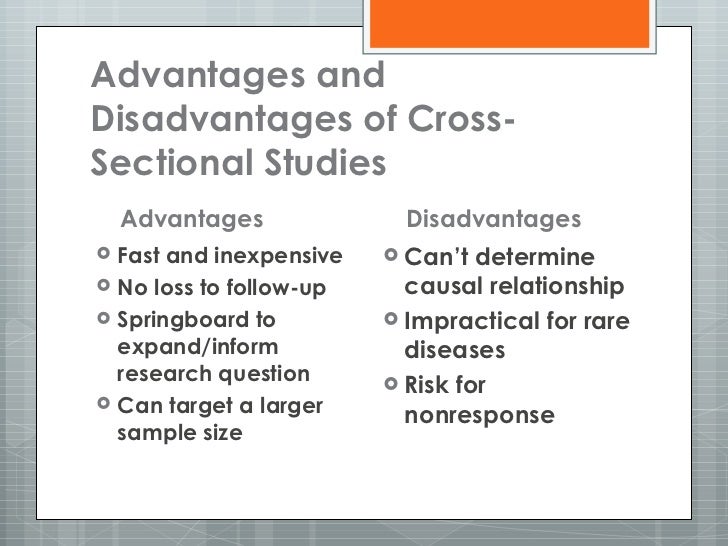How to Become a Nurse Epidemiologist ?
For many, the health field is a true calling. Being able to
earn a great salary while helping others is something that few other jobs can
offer, but that the health field has in abundance. With that in mind, it makes
sense that becoming a nurse is one of the most popular career choices in the
country. A nurse epidemiologist takes the nursing career one step further, and
could be exactly what you're looking for in a career.
These professionals work to improve the overall health and
wellbeing of patients and even populations in a facility, and are quickly
becoming one of the most in-demand nursing specialists in the medical field. If
you want to know more about the job and what it involves, keep reading.
What Is a Nurse Epidemiologist?
A nurse epidemiologist is a nursing professional who focuses
on making sure that patients receive optimal care, but who also reduce overall
infection risks and focus on prevention measures as well as on infection
control and direct patient nursing. Specific job duties may include the
following:
- Examine
patients and determine potential presence of infection
- Assess
risk factors within a patient, a facility, or even a population
- Identify
areas that need to be modified for better infection control
- Monitor
patient care to ensure infection isn't transmitted throughout the
population
- Work
to develop policies and procedures that can help reduce infections and
control disease
- Consult
with other medical professionals and policy makers to help reduce infection
risk and promote better overall health
As you can see, a nurse epidemiologist primarily focuses on
preventing the spread of disease rather than on treating existing infections.
Their work is focused on boosting overall public health, and while they can treat
individual patients they primarily help to protect others from contracting
infectious diseases – including their own coworkers.
Characteristics
Training is vital to success in the role of a nurse
epidemiologist, but there are plenty of personal traits that can help as well.
If you're thinking of becoming a nurse epidemiologist, having strength in the
following areas can help tremendously.
- Multitasking
– A nurse epidemiologist generally handles numerous roles and tasks at any
given time. You'll need to be able to multitask effectively.
- Good
Communication Skills – Since explaining and promoting effective infection
prevention measures is a key part of the job, it's vital that you have
strong communication skills.
- Detail
Oriented – In this role, the smallest things can unlock major clues. As
such, being very detailed oriented will help you identify potential risk
areas and also learn more about health issues that may not be obvious.
- Works
Well Under Stress – The job can be fast paced and stressful, and if you
want to thrive in it you will need to be able to perform well under
stress.
Nature of the Work
The job usually involves a combination of things including
work in a lab, an exam room, and the office. An average day could vary greatly,
and one day may involve collecting specimen samples and running tests while the
next day could be made up entirely of meetings with management in the health
facility.
Nurse epidemiologists will find work in government branches,
hospitals, private physician offices, research centers, and nearly anywhere
else in the medical field. The nature of their job will depend largely upon
their employer and their role within the organization.
Education and Training
Entry level positions as a nurse epidemiologist will usually
require that you hold at least a bachelor's degree in the field of nursing.
These courses prepare you for licensure through the NCLEX. After this, you'll
likely need to work for at least 2 or more years in a public health setting as
a nurse. Most employers require 3 to 5 years of clinical nursing experience.
Next, complete a master's or doctoral degree program in
nursing. However, choose to specialize in the area of epidemiology. Most
nursing programs offer specialization, and you may also specialize in areas
within the epidemiology field as well. Different employers may have different
requirements for the position, of course, but this is a good guideline of what
to expect.









